UroLift for Benign Prostatic Hyperplasia (BPH)
Find your care
We deliver customized urology care based on your unique needs. To learn more or connect with a urology specialist, call 310-794-7700.
UroLift for Benign Prostatic Hyperplasia (BPH): A Treatment Option for Men with Enlarged Prostate
Treatment Option for BPH: The UroLift® System - Los Angeles, UCLA
UroLift Offers Relief for BPH
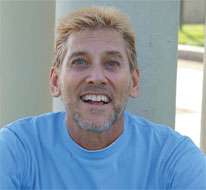
When Jeff Brenner first began experiencing bothersome urinary symptoms in his 40s, he attributed it to middle age and figured it was something he could live with.
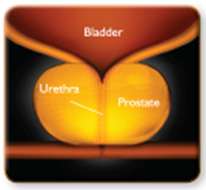

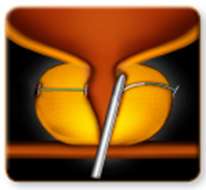
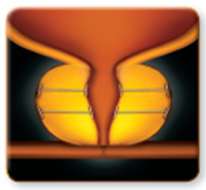
Urologists at UCLA Urology are offer UroLift, a treatment option for benign prostatic hyperplasia (BPH).
What is UroLift?
The UroLift System is a straightforward procedure that utilizes tiny implants to lift and hold the enlarged prostate tissue out of the way so it no longer blocks the urethra. There is no cutting, heating or removal of prostate tissue.
Who is a Candidate for UroLift?
For men older than 50, benign prostatic hyperplasia (BPH) is the most common prostate problem. For most of these men, medication is often the first choice of treatment.
However, for patients with a relatively small to moderate sized prostate gland who do not want to take a daily dose of medication, the UroLift treatment is ideal.
How does UroLift Work?
UroLift is unique in that it does not destroy tissue. Instead, UroLift compresses normal tissue that blocks the urethra, resulting in improved urine flow.
Benefits of UroLift Treatment
Benign prostatic hyperplasia (BPH) can have a negative impact on a man’s quality of life. The benefits of the UroLift treatment, especially for younger men, will include not only the relief of bothersome urinary symptoms, but also the preservation of ejaculation.
Because UroLift is performed in the office under local anesthesia, the recovery time and return to daily activities is faster than with more invasive procedures.
What is Benign Prostatic Hyperplasia (BPH)?
BPH (also referred to as benign prostatic hypertrophy) is a condition in which the prostate gland becomes very enlarged and may cause problems associated with urination, such as blocking or reducing the flow of urine.
Anatomy of the Prostate
The prostate is a walnut-sized gland in men that sits below the bladder and surrounds the urethra, the tube that carries urine from the bladder out of the body.
Symptoms and Diagnosis of BPH
While each patient may experience different individual or combined symptoms, the most common symptoms of benign prostatic hyperplasia (BPH) include:
- Leaking of urine
- More frequent urination during the night
- Urgency to urinate
- Inability to urinate
- Discomfort
According to the National Institute of Diabetes and Digestive and Kidney Diseases:
- BPH rarely causes symptoms before age 40.
- More than half of men in their 60s have some symptoms of BPH.
- As many as 90 percent of men in their 70s and 80s have some BPH symptoms
Diagnosis of an enlarged prostate is sometimes found during a routine rectal examination. BPH can also be diagnosed by the use of common tests such as a urinalysis, a urine study flow, a cystoscopy or a transrectal ultrasound.
Physicians

Allan J. Pantuck, MD
Practice Location: Urology, Westwood Adult
Professor of Urology. Dr. Pantuck specializes in urologic cancers and has a long standing interest in kidney, prostate, bladder cancers, developing new treatment strategies through basic and clinical research and in the study of nutritional approaches to their prevention and treatment.
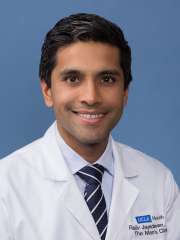
Rajiv Jayadevan, MD
Practice Location: Santa Monica Urology
Health Sciences Assistant Clinical Professor of Urology. Dr. Jayadevan specializes in all aspects of andrology and men’s health, erectile dysfunction, infertility, and Peyronie’s Disease.
To find out more about UroLift in Los Angeles and if you are a candidate, please call the UCLA Urology Appointment line at (310) 794-7700.